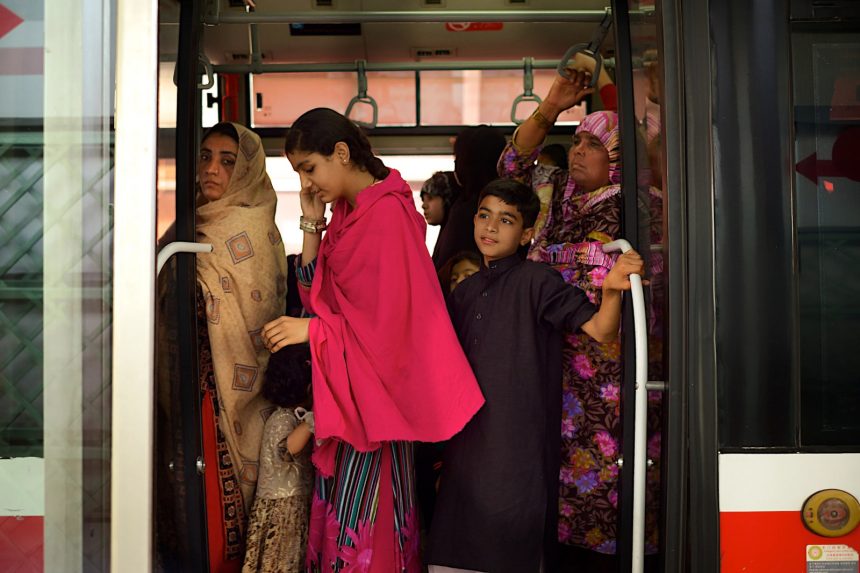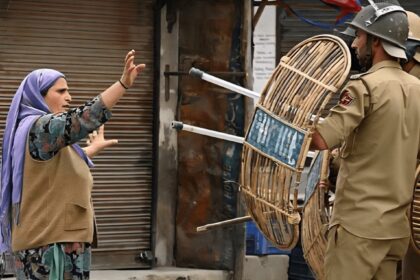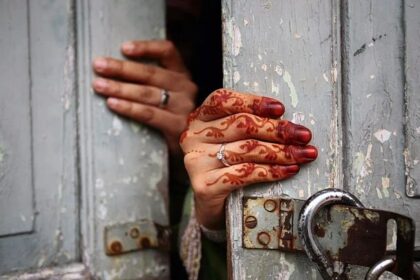Look around you. The world may seem better than it did a few decades ago. Women are finally getting their fundamental rights, thriving in careers, and men are being allowed to express themselves openly. Societal taboos are being shattered. But is this our actual reality or just an illusion behind which the truth hides?
The truth is that we have just redefined the walls of confinement to make them look like we have progressed as a society; however, the truth remains the same: women are expected to protect the honour of the entire family, and men who express themselves or lag behind even a bit are given intolerable titles. With time, our society has normalised a lot of things, and one such thing is gender stereotypes and the hatred that comes out of them.
The Unseen Burden on Women
Our society may have normalised women making their careers; however, every woman has to carry an unsaid and unseen burden of the entire family’s honour along with her when she leaves home every morning. Women in this society are raised with the fear that one small mistake will result in them being stopped from acquiring any further education or won’t be allowed to go to their jobs the next day.
Marriage, rather than being a beautiful relationship that everyone—men or women—anticipates, has been turned into a threat for girls in our society. Parents use it daily to ensure their daughters stay on the so-called “right path.” This not only limits the potential of these women but also of society as a whole. Women start dreading marriage as if it were a punishment, while others simply accept their fate, losing hope for anything beyond marriage.

Moreover, women’s lives have in no way been made easier. The expectations have only increased. Previously, women were expected to manage all household chores and raise children without any help. That expectation remains the same today, but now women are also expected to earn alongside these responsibilities.
God forbid if any woman complains—rather than helping her with the burdens that society has assigned her—she is simply told, “Who asked you to go out of your home and work?”
The truth is that while society will never openly admit it, financial independence is what ultimately grants women respect and freedom. In this society, or at least for the majority, no one is willing to fully cater to someone’s needs unless they are also helping themselves.
The Confined Mould for Men
Moving forward and addressing another bitter truth of our society—it is not only a difficult place for women but also for men. In fact, men have been given an even more confined mould to fit into. Society has set numerous conditions that men must meet just to be considered “real men.”

Men who help their wives are given degrading titles like “zanmureed” or “jorun ka ghulam” because, of course, what kind of man treats the women in his home with kindness? Men who struggle financially, even for a short period, are subjected to endless taunts and blame. Society makes life a living hell for them, pushing them to a point where they either become extremely violent or simply give up on life.
The Real Question: Who is Society?
The truth is that society is equally harsh on both men and women. But the real question is—who is this society that has made everyone’s lives so miserable? Society is us. It is you, and it is me. We are the ones responsible for making each other’s lives difficult.
It is high time that we take responsibility for the change we want to see and actually work on it. Society will change when we change because, as cliché as it may sound, change truly does start from within.
















